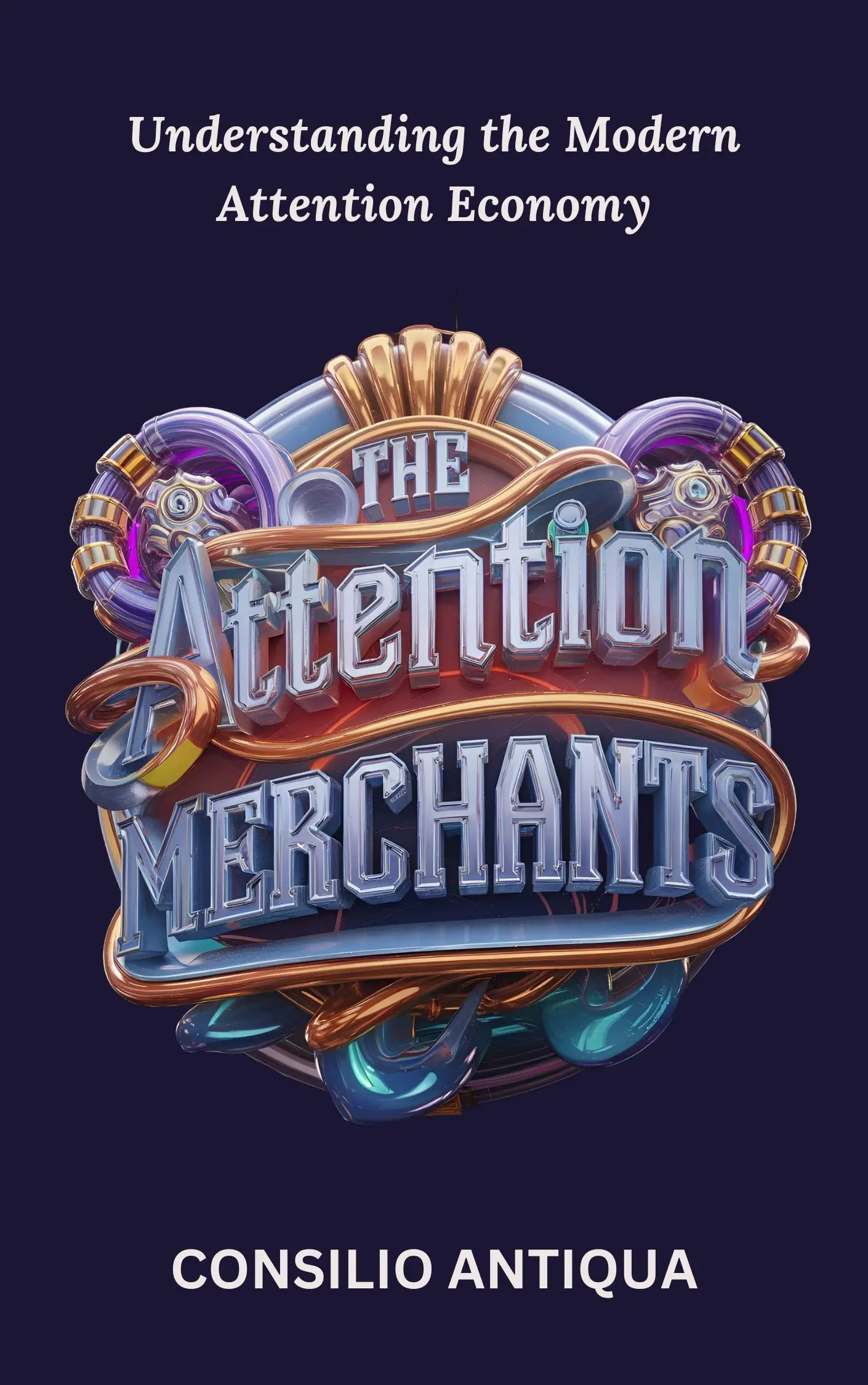
The Attention Merchants | Chapter 8. Attention as Currency in Social Exchanges
Chapter 8. Attention as Currency in Social Exchanges
Sixteen-year-old Maya meticulously crafted her latest Instagram post – a photo of her homemade cupcakes, bathed in perfect lighting and adorned with intricate frosting. She anxiously watched the notification counter, a surge of dopamine accompanying each new like. Each like wasn't just a digital thumbs-up; it was a tiny piece of social currency, validating her efforts and boosting her sense of belonging. Maya, like millions of others, was navigating a world where attention itself had become a valuable commodity.
Think about it – attention, that seemingly intangible focus we give to others, acts much like money in our social interactions. Just as we earn, spend, and save money, we also gain, give, and sometimes lose attention. The more attention we garner, the more social capital we accumulate. This "attention capital" can translate into influence, social standing, and even opportunities. Remember the popular kids in school? They weren't necessarily the wealthiest or the smartest, but they commanded the most attention, making them the social influencers of their time.
Social media platforms like Instagram and TikTok have become bustling marketplaces for this attention economy. Every post, every story, every video is a bid for a slice of the collective attention pie. Likes, comments, and shares are the digital tokens of this exchange. David, a budding musician, meticulously tracks his follower count and engagement metrics on TikTok. Each new follower and comment fuels his motivation, pushing him to create even more engaging content. He understands that in this digital arena, attention translates to visibility, which can open doors to collaborations, sponsorships, and even a record deal.
But the attention economy isn't confined to the digital realm. Think about a captivating speaker holding an audience spellbound, a teacher engaging students with a dynamic lesson, or a friend offering a listening ear during a difficult time. In each scenario, attention is the currency that fuels the interaction, fostering connection, understanding, and growth. Maria, a seasoned therapist, knows the power of focused attention. She creates a safe space for her clients, offering them her undivided presence. This unwavering attention allows her clients to feel heard, understood, and empowered to navigate their challenges.
This ability to focus our attention is a precious skill, a cognitive muscle that strengthens with practice. When we cultivate focused attention, we deepen our relationships, absorb knowledge more effectively, and achieve our goals with greater ease. Think about learning a new language or mastering a musical instrument. It requires sustained, focused attention to make progress. The more attention we invest, the greater the rewards.
However, the constant demand for our attention in this hyper-connected world can be overwhelming. We're bombarded with notifications, emails, and updates, all vying for a piece of our limited cognitive bandwidth. This can lead to a state of "attention scarcity," where we feel constantly distracted and unable to focus on what truly matters. Jennifer, a college student, struggles to concentrate on her studies amidst the constant buzz of her phone. The endless stream of social media updates and instant messages fragments her attention, making it difficult to absorb complex information. She realizes that reclaiming control over her attention is crucial for her academic success and overall well-being.
Understanding the dynamics of the attention economy is crucial for navigating the modern world. It's about recognizing that attention is a valuable resource, both for ourselves and for others. By being mindful of how we give and receive attention, we can build more meaningful relationships, achieve our goals more effectively, and protect our mental well-being in an increasingly demanding digital landscape. Just as we manage our finances wisely, we need to learn to manage our attention effectively. This means setting boundaries, prioritizing our focus, and cultivating the ability to resist distractions. By mastering the art of attention management, we can thrive in the age of information overload and unlock our full potential.
